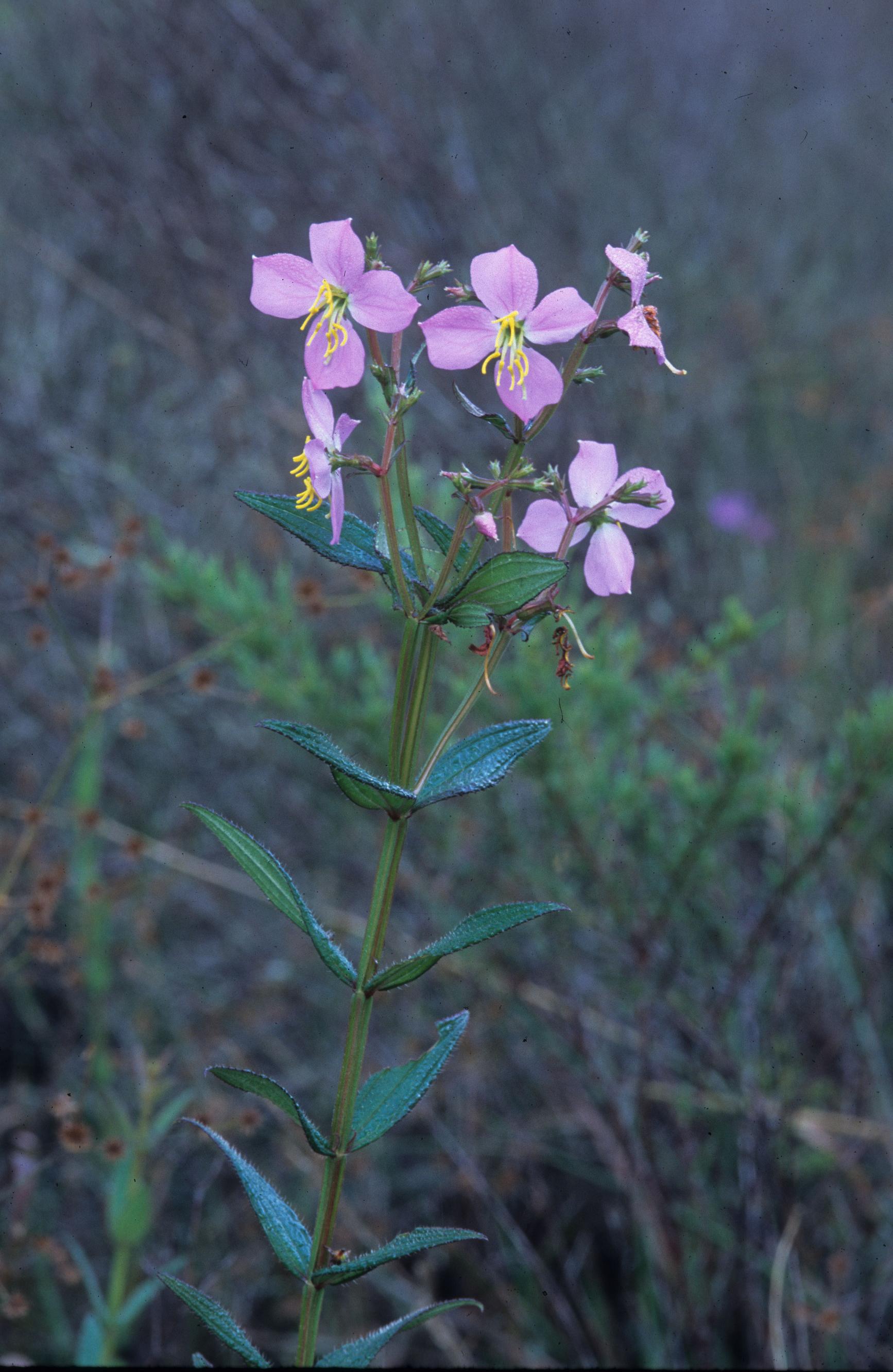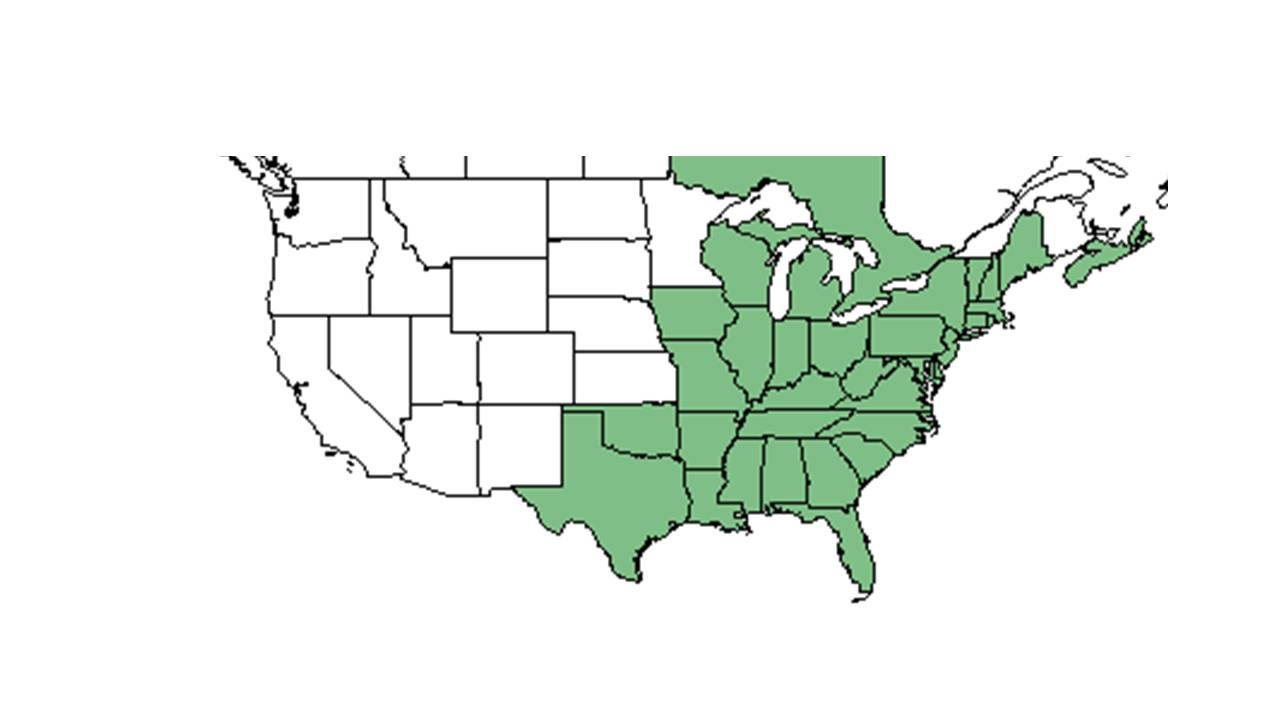Difference between revisions of "Rhexia virginica"
(→Distribution) |
(→References and notes) |
||
| Line 39: | Line 39: | ||
==Cultivation and restoration== | ==Cultivation and restoration== | ||
==References and notes== | ==References and notes== | ||
| + | *Edwards, A. L. and A. S. Weakley 2001. Population biology and management of rare plants in depression wetlands of the southeastern coastal plain, USA. Natural Areas Journal 21: 12-35. | ||
| + | |||
| + | *Nelson, Gil. Atlantic Coastal Plain Wildflowers: A Field Guide to the Wildflowers of the Coastal Regions of Virginia, North Carolina, South Carolina, Georgia, and Northeastern Florida. Guilford, CT: FalconGuide, 2006. 95. Print. | ||
| + | |||
==Photo Gallery== | ==Photo Gallery== | ||
Revision as of 10:12, 17 June 2015
| Rhexia virginica | |
|---|---|

| |
| Photo was taken by Gil Nelson | |
| Scientific classification | |
| Kingdom: | Plantae |
| Division: | Magnoliophyta – Flowering plants |
| Class: | Magnoliopsida – Dicotyledons |
| Order: | Myrtales |
| Family: | Melastomataceae |
| Genus: | Rhexia |
| Species: | R. virginica |
| Binomial name | |
| Rhexia virginica L. | |

| |
| Natural range of Rhexia virginica from USDA NRCS Plants Database. | |
Contents
Description
Common name is Handsome Harry (Nelson 2006).
Distribution
R. virginica is a rare species found in depressional wetlands occurring in Alabama, Georgia, North Carolina, South Carolina, and Virginia (Edwards and Weakley 2001).
Ecology
Habitat
Found in wet ditches, savannas, flatwoods, and pond margins, and sometimes in standing water (Nelson 2006).
Phenology
Blooms July through October (Nelson 2006).
Seed dispersal
Seed bank and germination
Fire ecology
Pollination
Use by animals
Diseases and parasites
Conservation and Management
Cultivation and restoration
References and notes
- Edwards, A. L. and A. S. Weakley 2001. Population biology and management of rare plants in depression wetlands of the southeastern coastal plain, USA. Natural Areas Journal 21: 12-35.
- Nelson, Gil. Atlantic Coastal Plain Wildflowers: A Field Guide to the Wildflowers of the Coastal Regions of Virginia, North Carolina, South Carolina, Georgia, and Northeastern Florida. Guilford, CT: FalconGuide, 2006. 95. Print.